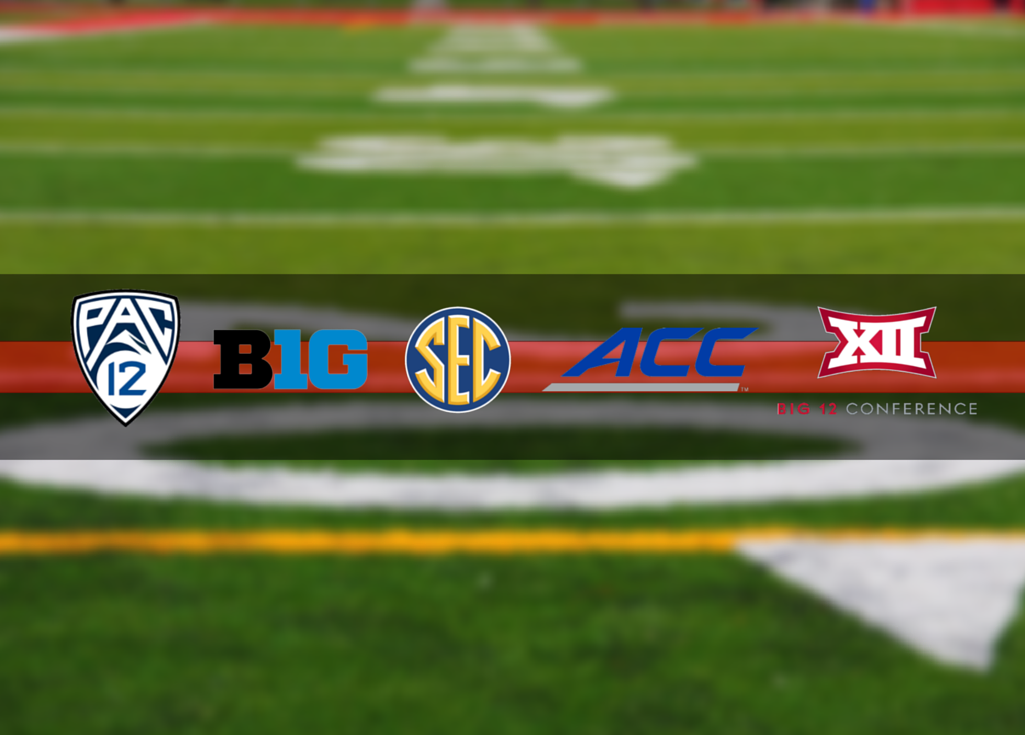DMN’s Chuck Carlton reports that no one has the eight votes necessary to expand. That can change on a dime and I’d imagine that there will be some horse trading, you vote for this team, I’ll vote for your team. Apparently it is Houston, Cincinnati and BYU in the lead, with the idea of a football only addition is unlikely and “nobody wants it”. As to the rumors that ESPN and FOX don’t really want the Big 12 to expand:
News about the Big 12 using the pro rata clause as a bargaining chip surfaced in early June, and even the conference was engaged in discussions with Fox and ESPN through its consultants. In other words, none of this is a surprise and the networks’ public displeasure probably represents a lot of posturing. Multiple sources indicated that Fox actually may be more open to expansion since it would increase game inventory.
Carlton also reports that neither Texas nor Oklahoma are willing to extend the grant of rights past 2025.
While one source floated it as possible and anything is conceivable at the negotiating table, another source with direct knowledge of the talks said bluntly Texas and Oklahoma have no current interest in extending the rights deal past 2025.
The source did caution that each would like to see what the landscape looks like at some point and that a divorce from the Big 12 isn’t necessary inevitable.
There’s a lot of information here, so I encourage you to read the whole thing. Carlton also mentions the idea of Netflix and Google as other avenues for media. The world is changing rapidly. As for the final outcome, I think the eventual outcome is going to be expansion, perhaps just two teams, and then in 2025, the Big 12 eventually splits. That’s eight years from now and I probably won’t even be blogging at that time, so enjoy the ride.
* SI’s Pete Thamel writes about the potential for new media to play a part in expansion:
It’s becoming increasingly clear that the Big 12’s long-term plans are predicated on cashing in from alternative broadcast sources, which could include Google, Amazon, Facebook, Apple, Netflix or some broadcast medium that’s yet to have been invented.
In a fitting twist, the appetite of those non-traditional broadcasters will best be gauged by none other than the AAC. The AAC’s television deals expire in 2019, which means that it will get a chance to be a guinea pig for bringing so-called “new media” to the table. “Anyone with eyes can tell that the big Internet companies—I wouldn’t even call them new media, they’re not anymore—are going to be bigger players,” AAC commissioner Mike Aresco told SI.com on Tuesday. “There’s no question. TV is TV and media is media. You can watch a game on a pie plate.”










